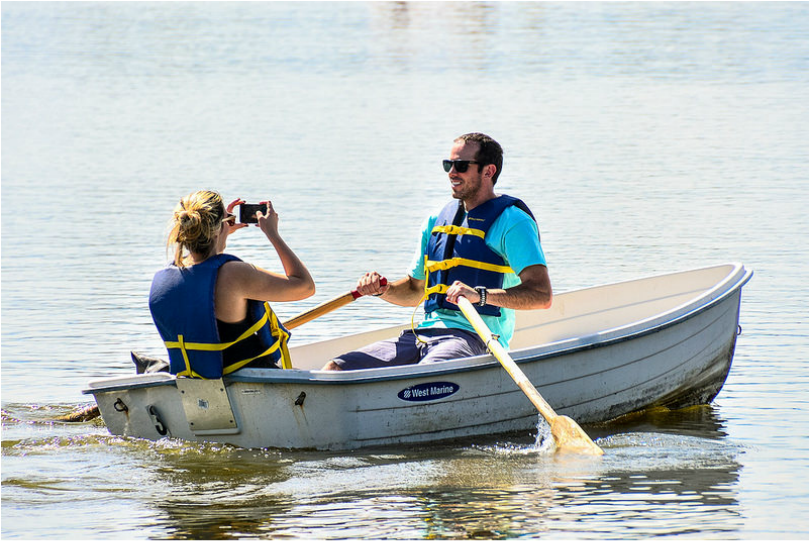
constructing the psychological identity of the marriage as an entity in itself.
The 'we' in the marriage moves from 'me' centered as are adolescents and young adults. The person at this young age is mostly interested in establishing their identity separate from their family of origin. Building the new identity of a marriage requires a shift from the "I" centered of the emancipated young adult to a solid and lasting 'we' of the marriage.
At the same time the 'we-ness' has to include room for the autonomy of each partner.
'We-ness' gives marriage its staying power in the face of life's inevitable frustrations and temptations to run away or stray.
It also gives the partners a sense that they constitute a sovereign country in which they make all the rules. People cannot usually choose what time to go to work or school, but they can determine what goes on inside their marriage. Within the civilization they create, they can exert true control.
In a good marriage the new identity is built on a solid foundation of love and empathy.
Each partner must learn to identify with the other, and both together to identify with the marriage. As part of this task of creating the 'we' each partner experiences a change in conscience and moral sense. What is good and what is fair within the relationships is no longer formulated in terms of "what is best for me." The couples decisions reflect consideration of what is best for one partner and what is best for the other partner and what is best for the balance for the marriage.
Creating the identity of the marriage is only half the task.
The other half is maintaining autonomy and establishing distance between the partners in the marriage, allowing each a space that is private and protected from intrusion by the other and even from intrusion by the marriage.
Differences must be acknowledged, allowed for, and even welcomed.
Togetherness has its counterpart in individuation.
Closeness has its necessary counterpoint in flexible distance.
Paradoxically, it is out of this push-pull of autonomy and togetherness that the couple acquires a sense of good emotional, moral, and cognitive fit.
To achieve this state both partners take responsibility to make their own wishes and needs known and both must agree what is fair in the relationship.
It works if both partners agree on the well being of the marriage, and making the 'we' as more important than the separate desire of either partner.
The Good Marriage
Wallerstein & Blakesless
 RSS Feed
RSS Feed
